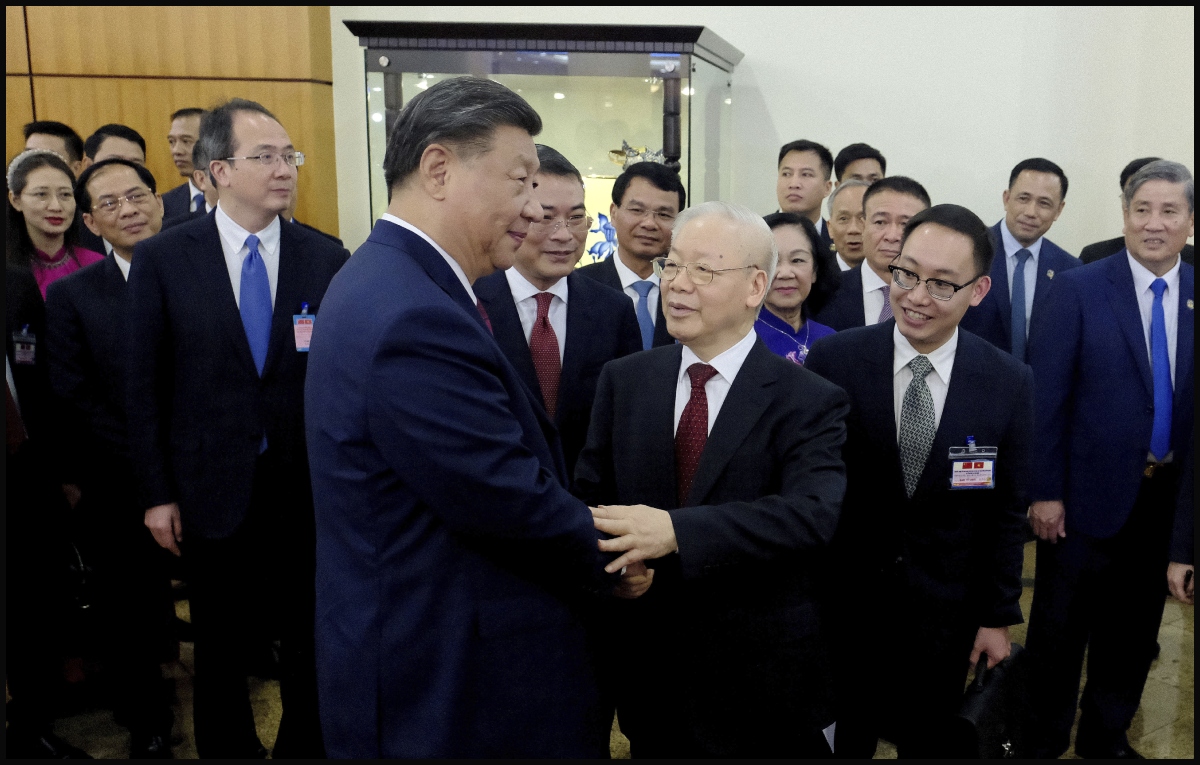Alright, folks, let’s cut through the noise. Russian Foreign Minister Sergei Lavrov just dropped a statement at the Antalya Diplomacy Forum suggesting there’s still room for improvement in the deeply fractured relationship between Russia and the United States. Frankly, it’s a statement that raises more questions than it answers, but we have to pay attention.

Lavrov’s core message? Dialogue is essential, and it should be unconditional. No pre-set demands, no strings attached – just a baseline willingness to talk. He claims it’s “logical” for Russia and the US to return to normal communication. Seems reasonable, right? But in the current geopolitical climate, ‘reasonable’ feels like a forgotten language.
Now, let’s unpack this.
Understanding Diplomatic Signaling: In international relations, statements like these aren’t always taken at face value. They often serve as ‘signals’ – attempts to test the waters, gauge the other side’s reaction, and potentially pave the way for future negotiations.
The Importance of Unconditional Dialogue: The insistence on ‘no preconditions’ is crucial. Both sides are laden with grievances and red lines. Opening a channel without immediate demands allows for a discussion, however fragile, to begin.
Past Context is Key: We can’t ignore the backdrop – the Ukraine war, sanctions, accusations of interference… the list goes on. This offer of dialogue doesn’t erase any of that. It’s arguably a strategic move.
What does this actually mean? Honestly? It’s hard to say. It could be genuine outreach, a calculated PR maneuver, or a little bit of both. But in a world hurtling towards greater instability, any hint of de-escalation deserves scrutiny. I’ll be watching closely to see if this translates into concrete action, or if it fades into more empty promises. Don’t hold your breath, but don’t dismiss it either.


/cdn.vox-cdn.com/uploads/chorus_image/image/50279847/28347800780_4b3e3612d8_k.0.0.jpg)


